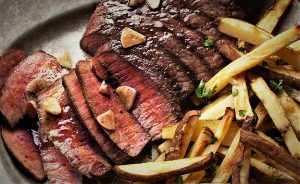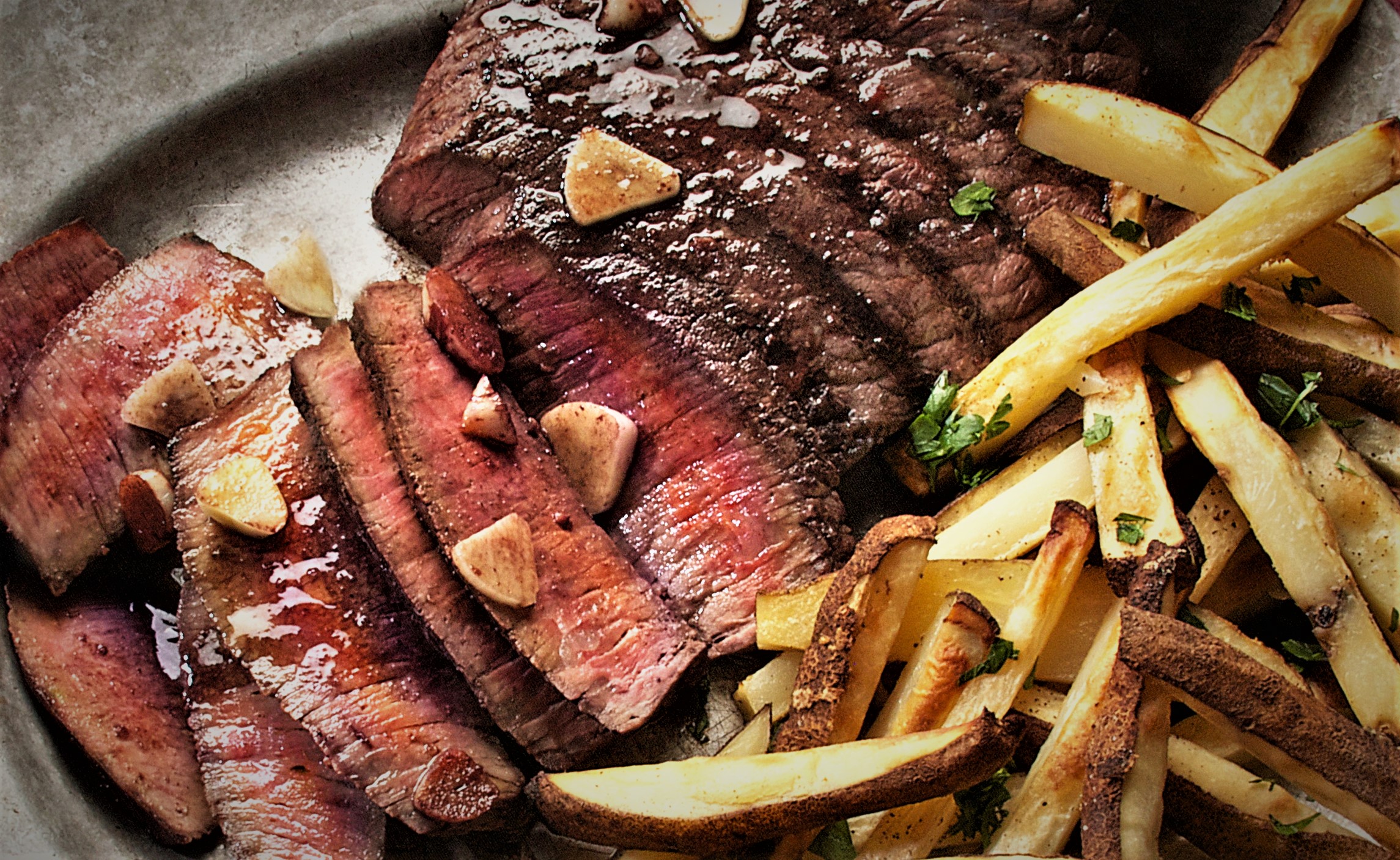
You shall afflict yourselves on the ninth of the month in the evening, from evening to evening you shall rest.[2]
A simple, concise description of what our avodah is all about: We attach the Divine portion within us to its Heavenly source through our involvement with Torah and its mitzvos. This applies to things that are outside of our own selves. There are sparks of kedushah and fallen neshamos that do not have the ability to rise up and attach themselves to their shorashim on their own, because they have been mired in physicality. Getting them there becomes our responsibility. To help them along, we are charged to attach ourselves to all the lofty madregos, so that we can push along the nitzotzos towards their ultimate goal.
Chazal teach[3] that, after the destruction of the beis ha-mikdosh, a person’s table achieves atonement for him. In other words, his eating is itself a korban! Explained simply, what we eat contains some of the nitzotzos of holiness that must be elevated. When we succeed in doing so – when we literally bring them closer to their Divine source – we are bringing a korban (which means something brought close) to Hashem. What we consume contains some element of Divine vitality. (The enjoyment we derive from it is a spiritual one, in part. We taste the spiritual part of the food, not just the physical.) By eating, we make that Divine vitality a part of ourselves. Now, if we then utilize that added vitality in our service of Hashem through mitzvos, and in the part of our speech that is uttered in devekus, we have brought along those nitzotzos for the ride. By attaching them to higher madregos, we have brought them as a korban to Hashem!
Ironically, fasting is also considered a korban – as if we had placed some of our body mass on the altar for consumption.[4] Our thoughts while we fast properly lead to a heart that is subdued and subservient to HKBH through teshuvah. This moves our personal sherashim above to try to pull us up towards Him. (Thus, easting and fasting work in opposite directions. Eating can be a korban when it initiates movement in our world below, and succeeds in elevating it. Fasting works to move the holy sherashim above to attach themselves to things below.)
Freeing the nitzotzos and elevating them proves to be beyond the ability of most people. Because they do not possess a rich complement of daas – the daas of ein od milvado/There is nothing but Hashem – people do not escape looking at food for its benefit to well-being and the pleasure of eating it. They cannot focus on the opportunity to unlock the holiness resident in it, and incorporate it in themselves.
Inexorably, however, eating remains an important human activity. In His kindness, Hashem created a way to allow everyone an opportunity to participate in an elevated form on eating. Therefore, He made a mitzvah out of eating on the ninth of Tishrei, the day before Yom Kippur. Even eating for the usual mundane reasons is still a mitzvah on this day. Thus, everything that he has eaten throughout the year, including the nitzotzos that he swallowed up, participate in a mitzvah experience, and are thus elevated.
The following day, everyone is afforded an opportunity to experience korban-through-fasting. Jews who could never on their own move and inspire themselves to teshuvah, routinely do so on Yom Kippur. With their teshuvah, they ignite a reaction from above to below. Moreover, this korban is the only one people can possibly bring on Yom Kippur. They need to focus on this alone. The korban that works in the other direction – from below to above – through elevating the nitzotzos has no place on Yom Kippur, when all eating and drinking are interdicted.
In this way, all forms of kedushah are united on Yom Kippur: those rising from below to above (having done so on Erev Yom Kippur), as well as those descended from above to below. This unification results in atonement for all the sins of Israel.
- Based on Meor Einayim by Rav Menachem Nochum of Chernobyl ↑
- Vayikra 23:32 ↑
- Berachos 55a ↑
- Berachos 17a ↑


